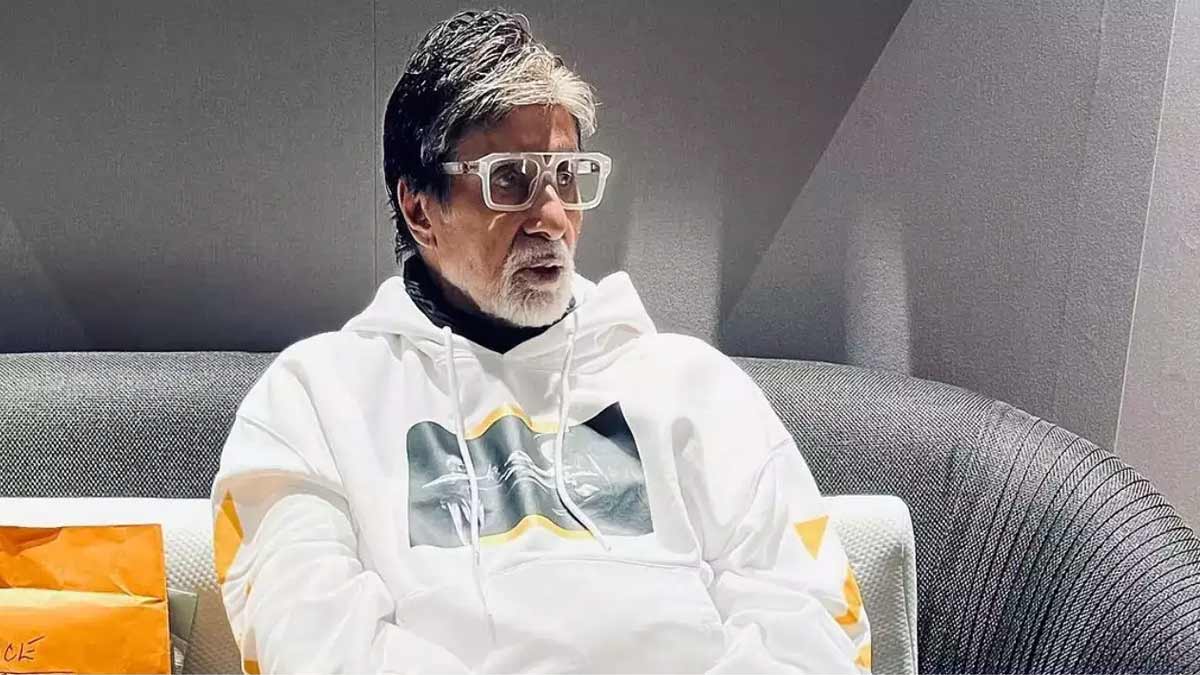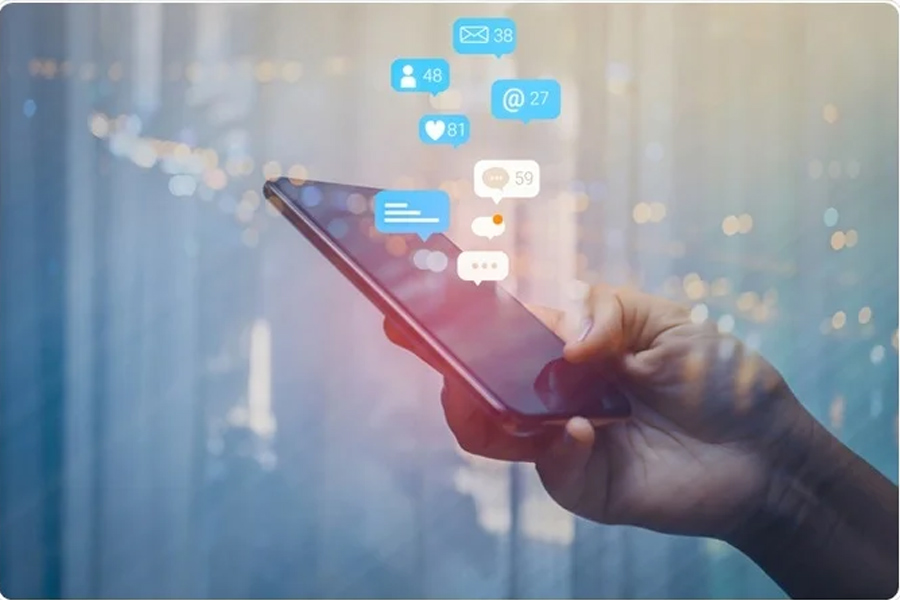
Amitabh Bachchan, often hailed as Bollywood’s megastar, is a figure who commands immense respect and adoration. Fans flock to his Mumbai residence every Sunday just for a glimpse of him waving from his balcony. Despite his legendary status, Bachchan, like many of us, finds himself caught in the vortex of social media, losing track of time as he scrolls through various feeds late into the night. His recent candid admission on Twitter about this habit resonated deeply with his followers, sparking a wave of relatability and understanding.
Table of Content:-
The Digital Trap: Bachchan's Late-Night Habit
Amitabh Bachchan's schedule is perpetually packed with film shoots, TV shows, and other professional commitments. Yet, he makes it a point to tweet late at night and interact with fans online. His tweet about the uncontrollable nature of social media scrolling struck a chord with many, as it highlighted a common, yet often overlooked, modern-day issue. Fans quickly flooded the comments section, sharing their own experiences and struggles with managing time spent on social media.
T 5024 - social media एक बार देखना शुरू करो, तो समय का पता ही नहीं चलता
— Amitabh Bachchan (@SrBachchan) May 28, 2024
The Hidden Impact of Mindless Scrolling on Mental Health
While social media offers connectivity and entertainment, the seemingly innocuous act of scrolling can have profound impacts on mental health. Here are some of the critical ways mindless scrolling affects our well-being:
The Comparison Trap
Mindless scrolling often leads to unhealthy comparisons. According to research published in Atlantis Press, continuously comparing oneself to the idealised images and achievements of others on social media can erode self-esteem, leading to increased dissatisfaction and jealousy. It’s crucial to recognise that everyone's path is unique and that social media often distorts reality, presenting only the best moments of people's lives.
Also Read: Actor Fahadh Faasil Diagnosed With ADHD; Symptoms Of ADHD In Adults
Fear of Missing Out (FOMO)
One of the most pervasive effects of social media is the phenomenon known as FOMO or Fear of Missing Out. A study published by the Baishideng Publishing Group highlights that FOMO is closely linked to excessive social media use. Witnessing others' curated, exciting experiences can trigger anxiety, depression, and feelings of inadequacy. It’s important to remember that social media often showcases a polished version of reality, not everyday life.

Isolation
Despite being termed "social" media, excessive online engagement can paradoxically lead to feelings of isolation. Reduced face-to-face interactions and meaningful connections in favor of online interactions can result in loneliness and a sense of detachment from the real world. It’s essential to strike a balance between digital and offline activities to maintain a healthy social life. Engaging in more in-person interactions and activities that bring joy and fulfilment can significantly improve one's overall well-being.
Addiction
Social media platforms are designed to be addictive, leveraging the brain’s reward system. The act of scrolling releases dopamine, creating a pleasurable experience that can quickly turn into a compulsive habit. This addiction can detrimentally impact relationships, productivity, focus, and sleep. Setting intentional boundaries and goals for social media use can help break this cycle and foster a healthier balance.
Finding Balance in a Digital World
Amitabh Bachchan's admission of late-night social media scrolling serves as a reminder that even the most disciplined individuals can fall into the trap of mindless scrolling. It underscores the importance of being mindful of our digital habits and making conscious efforts to manage our time online. Setting screen time limits, engaging in offline activities, and prioritising face-to-face interactions can help mitigate the negative impacts of social media on our mental health.
Bottomline
In a world where digital engagement is almost inevitable, it’s crucial to develop a healthy relationship with social media. By understanding its potential pitfalls and actively working to counteract them, we can enjoy the benefits of connectivity without compromising our mental well-being.
Also watch this video
How we keep this article up to date:
We work with experts and keep a close eye on the latest in health and wellness. Whenever there is a new research or helpful information, we update our articles with accurate and useful advice.
Current Version